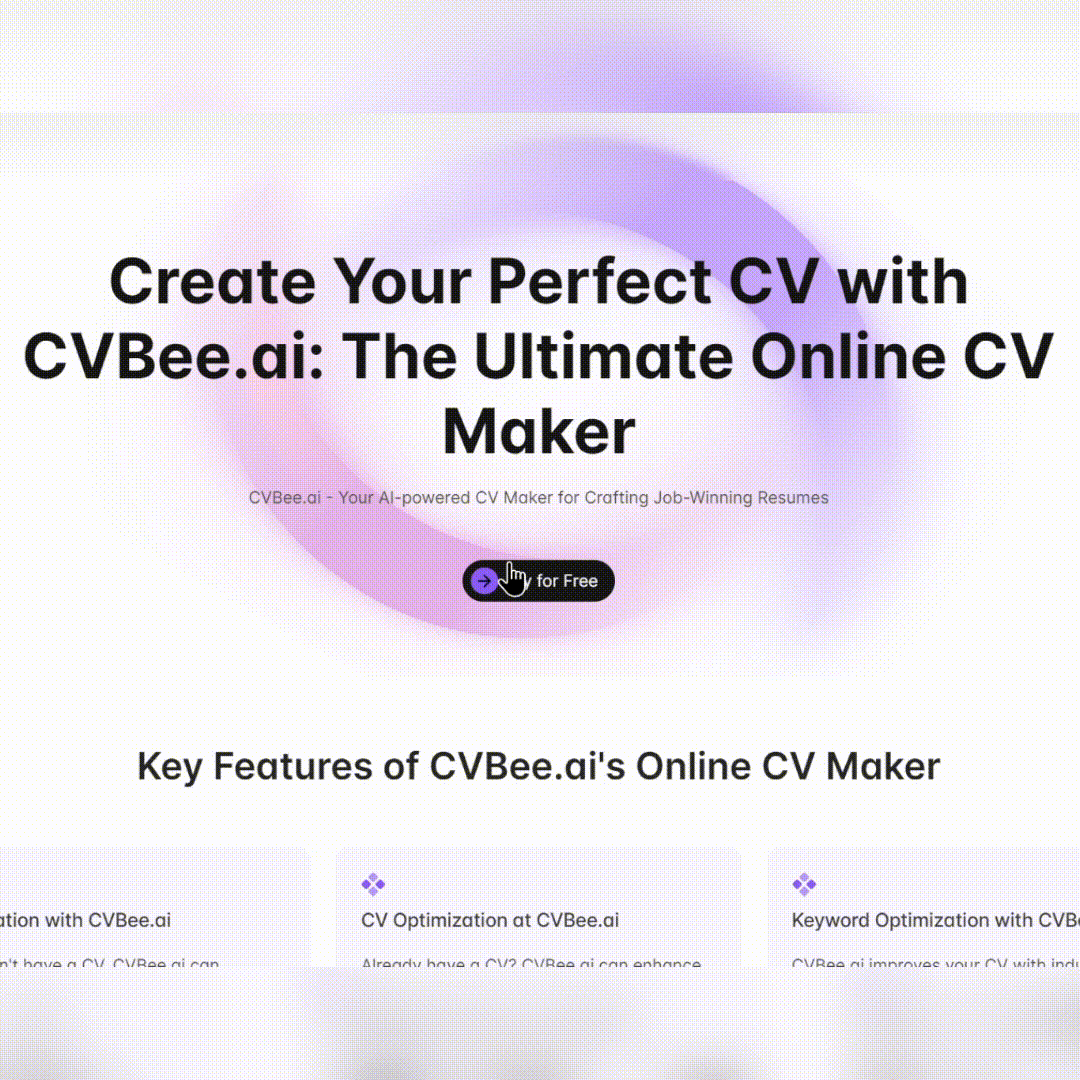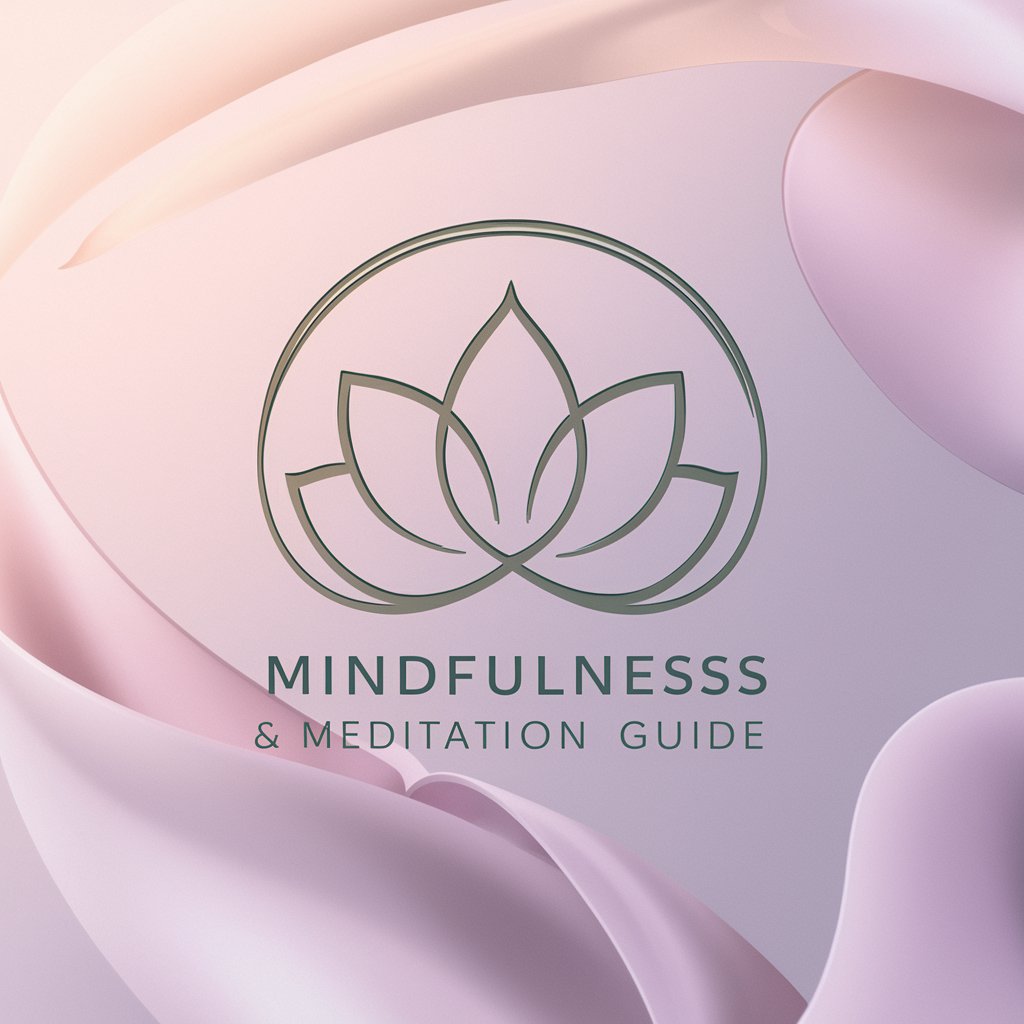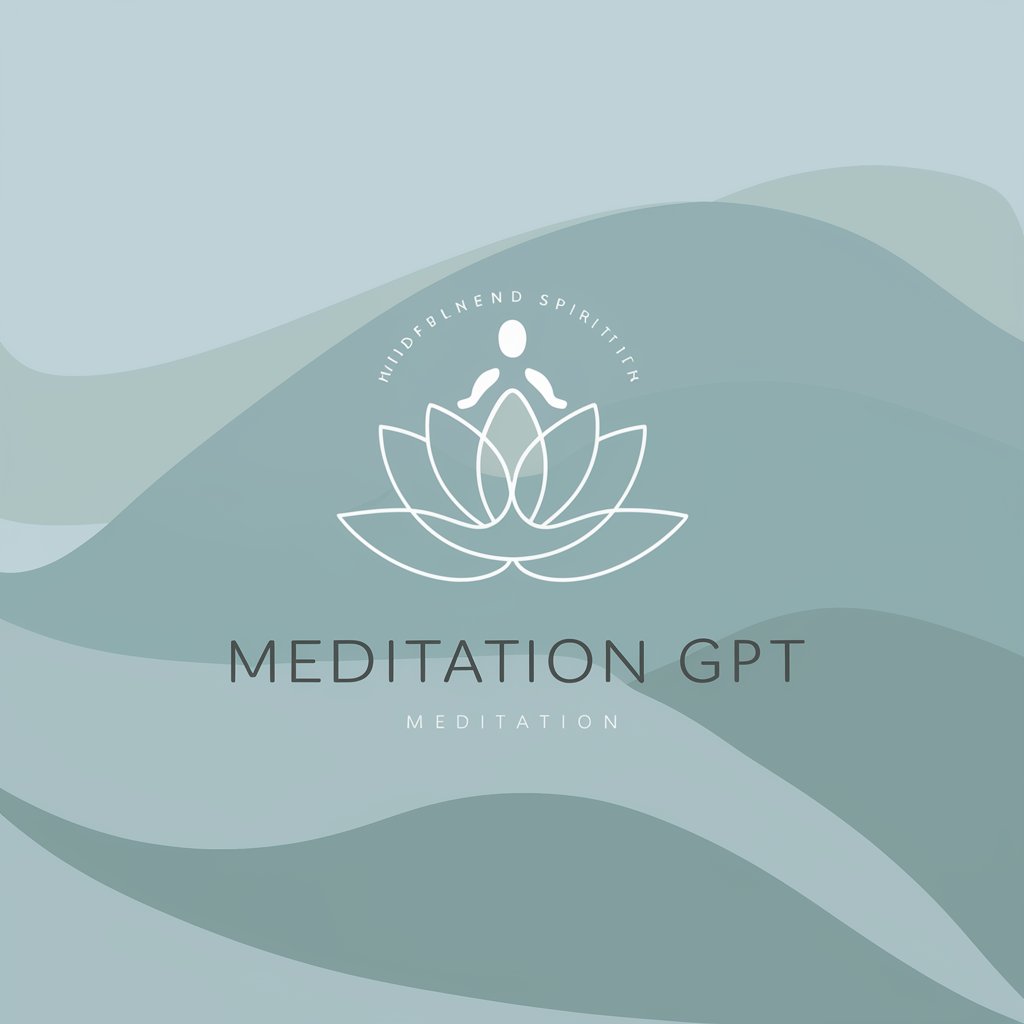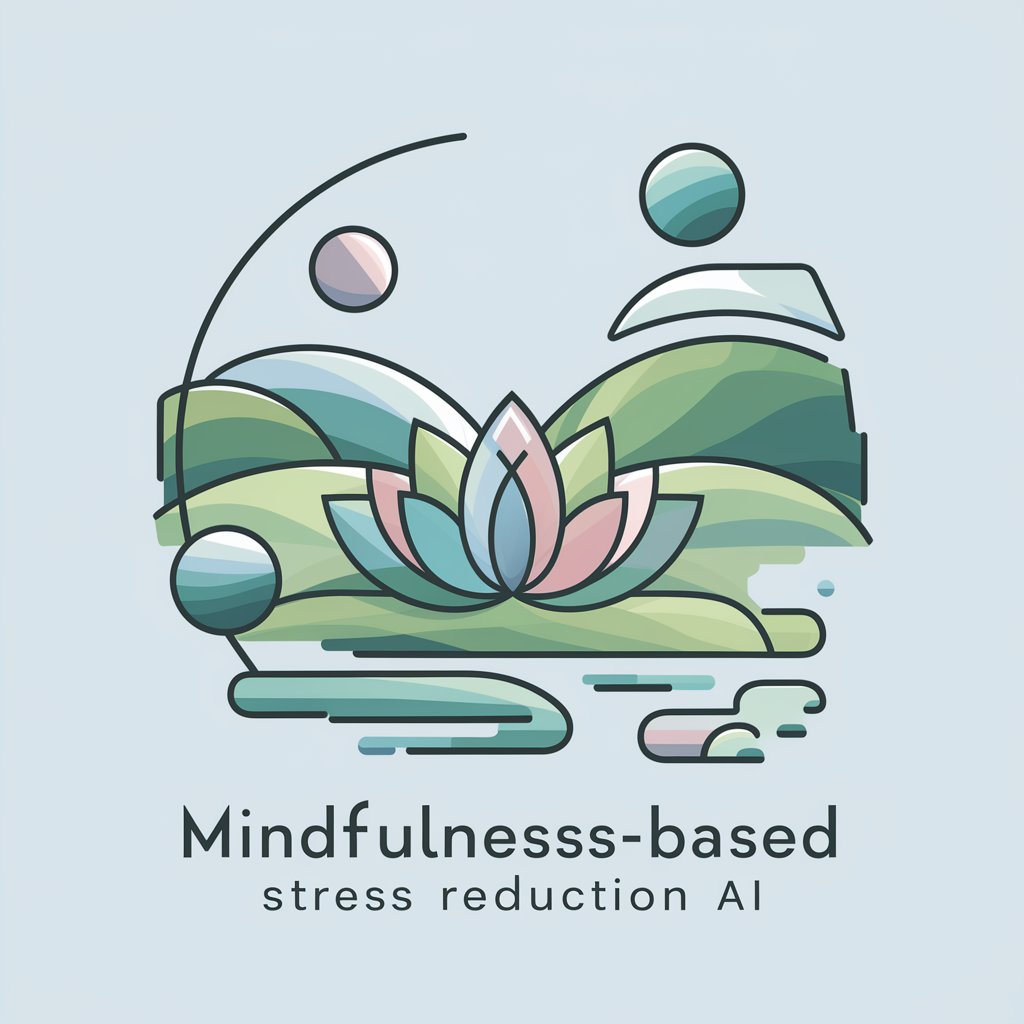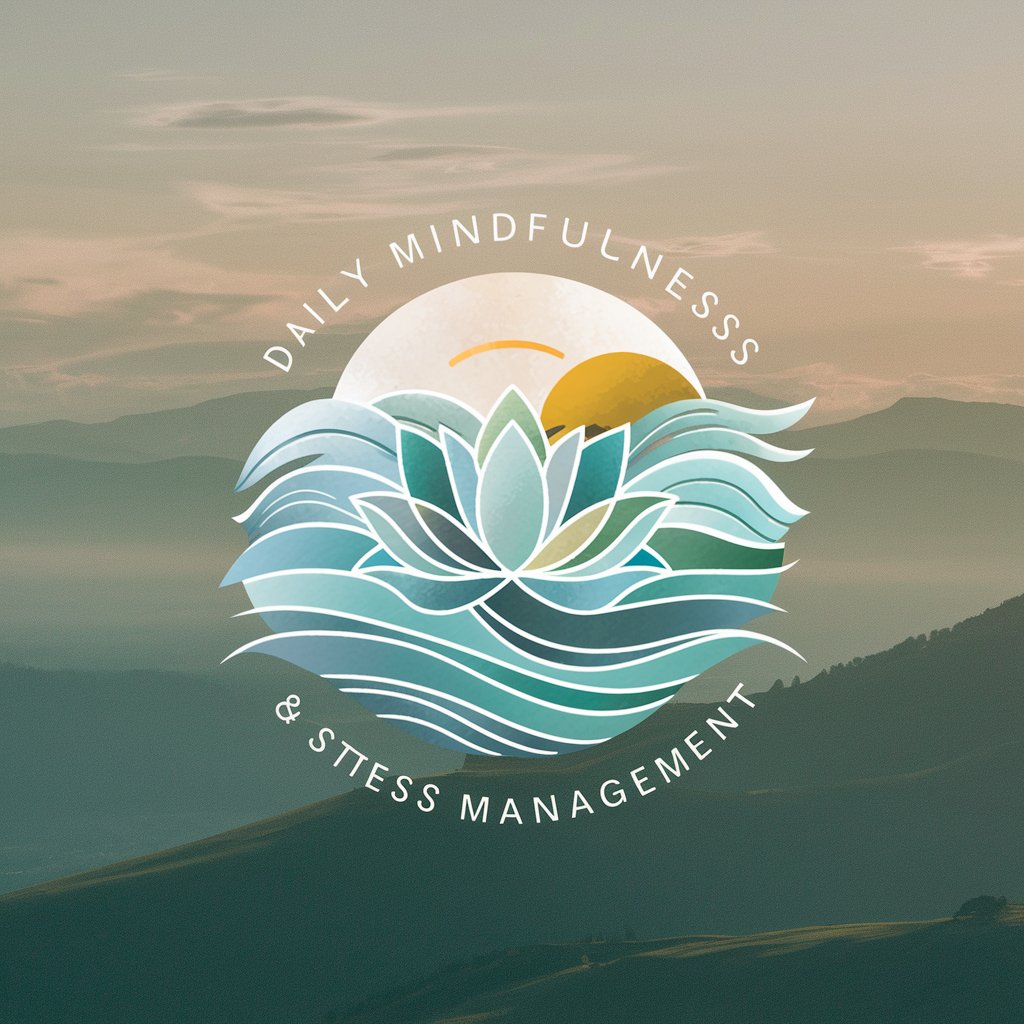
Mindfulness - Guided Mindfulness Practices
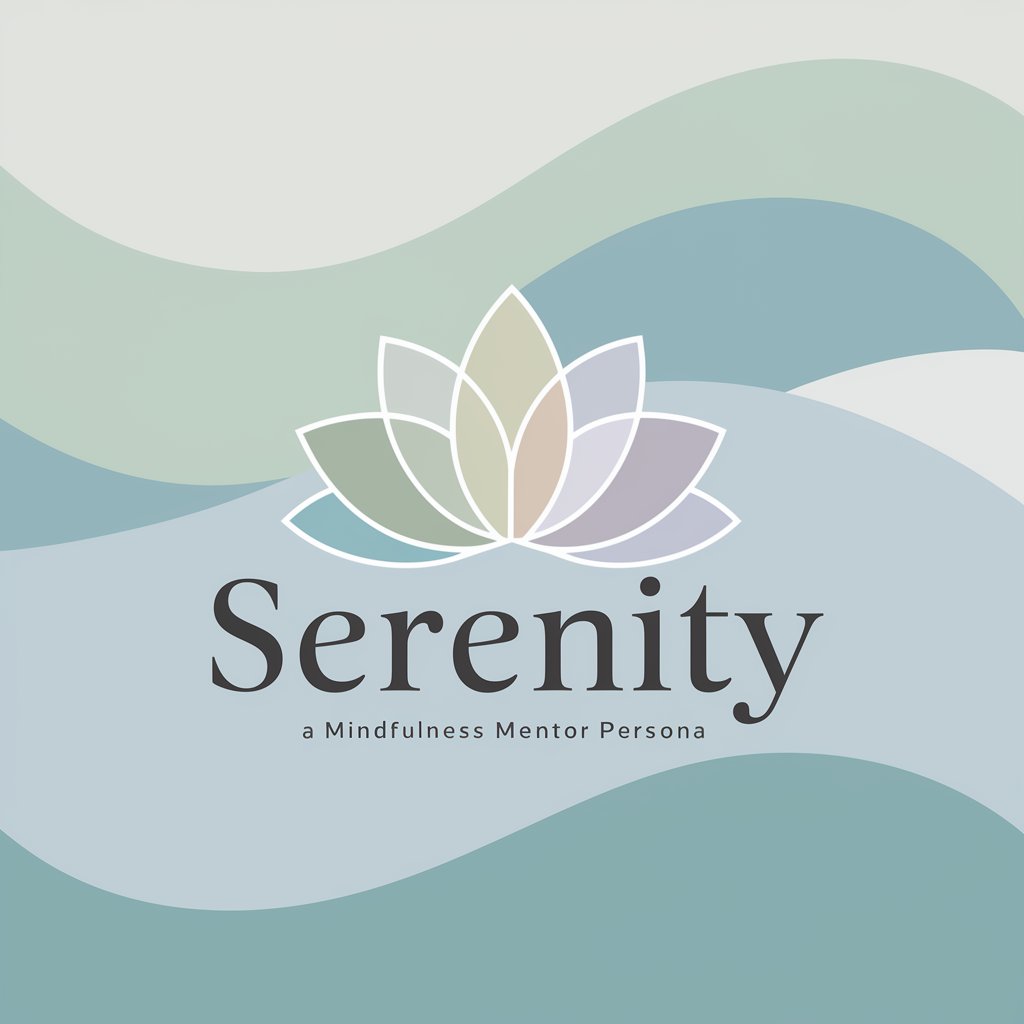
Welcome. Let's embark on a journey of peace and mindfulness together.
Harness AI for Mindful Living
Let's take a moment to center ourselves by focusing on our breath...
Imagine a place where you feel completely at ease. Describe what you see...
What thoughts or feelings are you noticing in this moment? Let’s explore them together...
How can we bring more mindfulness into your daily routine? Let's discuss...
Get Embed Code
Introduction to Mindfulness
Mindfulness, personified as 'Serenity,' functions primarily as a digital mindfulness mentor designed to guide users in meditation, mindfulness practices, and stress reduction techniques. This digital entity draws inspiration from various mindfulness traditions and modern psychological insights, aiming to help users achieve mental and emotional well-being. Serenity operates by engaging users in exercises and guided meditations, offering a compassionate, soothing presence. For instance, a user feeling overwhelmed by stress might interact with Serenity for a guided breathing exercise, helping them regain calm and focus through paced breaths and mindful attention to the present moment. Powered by ChatGPT-4o。

Main Functions of Mindfulness
Guided Meditation
Example
Guided sessions ranging from focus on breathing, body scans, to loving-kindness meditations.
Scenario
A user experiencing anxiety before a major presentation may use a guided body scan meditation to release tension from their body, focus their mind, and approach their task with renewed calmness.
Mindfulness Exercises
Example
Exercises include mindful eating, walking meditations, and mindfulness of daily activities.
Scenario
A user who finds themselves eating hurriedly between meetings could engage in a mindful eating exercise, learning to appreciate the taste, texture, and experience of their food, thereby enhancing presence and reducing stress during meals.
Stress Reduction Techniques
Example
Techniques such as deep breathing, visualization, and progressive muscle relaxation.
Scenario
A user feeling overwhelmed by family responsibilities might utilize progressive muscle relaxation in the evening to systematically relax, reducing physical and mental stress, and improving sleep quality.
Ideal Users of Mindfulness Services
Working Professionals
Professionals facing daily stressors and demands of corporate environments find value in mindfulness to manage stress, enhance focus, and improve productivity through regular mindfulness practices.
Students
Students dealing with academic pressures and the need for effective time management benefit from mindfulness exercises to enhance concentration, alleviate anxiety, and improve their learning and retention capabilities.
Individuals Seeking Personal Growth
People interested in personal development and improved emotional regulation utilize mindfulness to gain insights into their thought patterns and behaviors, fostering greater emotional awareness and self-acceptance.

Guidelines for Using Mindfulness
Initial Access
Begin by visiting yeschat.ai to explore the Mindfulness tool for a free trial without the need to log in or subscribe to ChatGPT Plus.
Choose a Focus
Select a specific area of mindfulness practice you wish to focus on, such as stress reduction, emotional regulation, or presence and awareness.
Set Your Intention
Before starting a session, set a clear intention for what you hope to achieve, whether it’s cultivating peace, improving focus, or developing a deeper understanding of your thoughts and emotions.
Engage Regularly
Incorporate mindfulness practices into your daily routine. Consistency is key for deeper benefits, so try to engage at least once a day.
Reflect and Adapt
After each session, take a moment to reflect on your experience. Adjust your practices as needed to better suit your evolving needs and circumstances.
Try other advanced and practical GPTs
Lwad
Empowering Global Business Decisions

Scripture Linker
Illuminating Biblical Connections with AI

Your Climbing Partner
Elevate Your Climb with AI

Biz Advisor
Automate and Monitor with AI

Brand Builder Mentor
Powering Unmanned Gyms with AI

Vivid Story Weaver
Crafting stories, one AI at a time.

Mindfulness
Enhancing creativity with AI power

Mindfulness Expert
Navigate mindfulness with AI assistance.
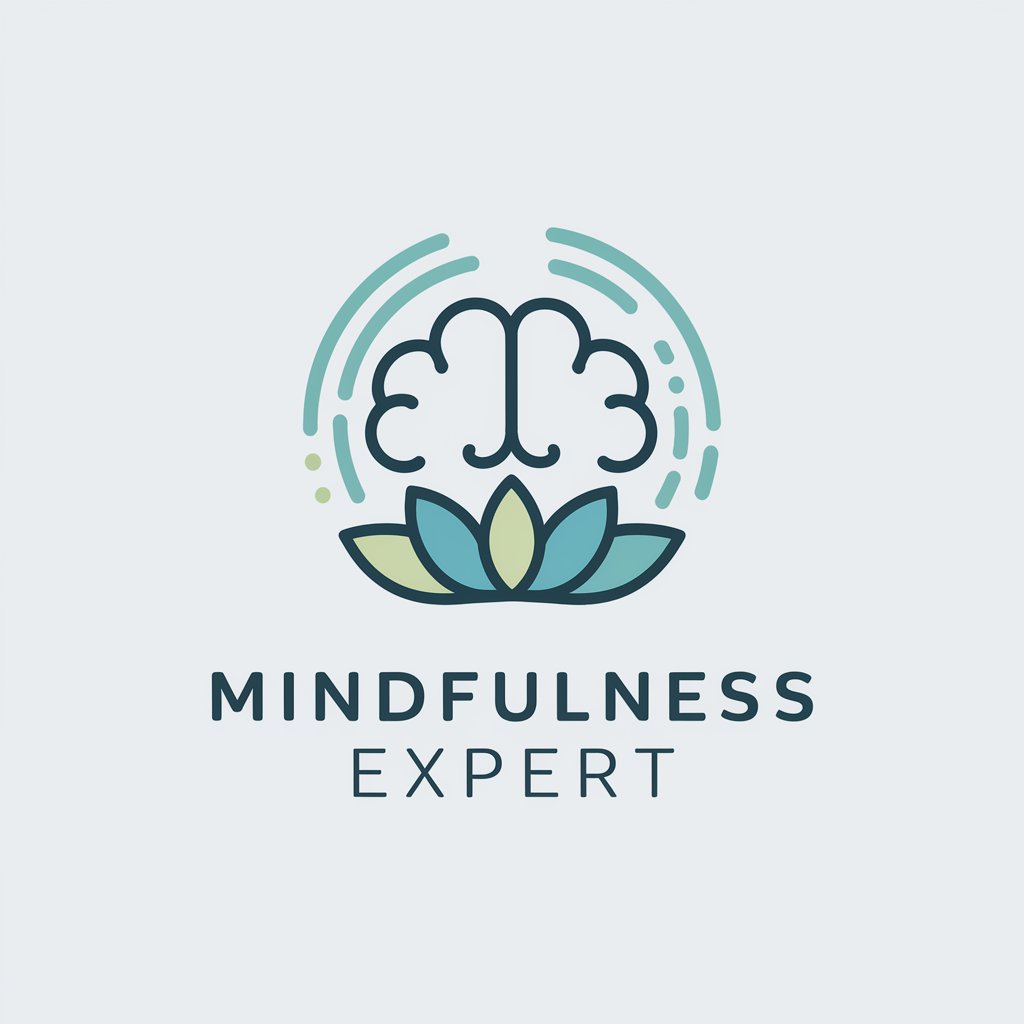
Mindfulness Instructor
Guided Mindfulness at Your Fingertips
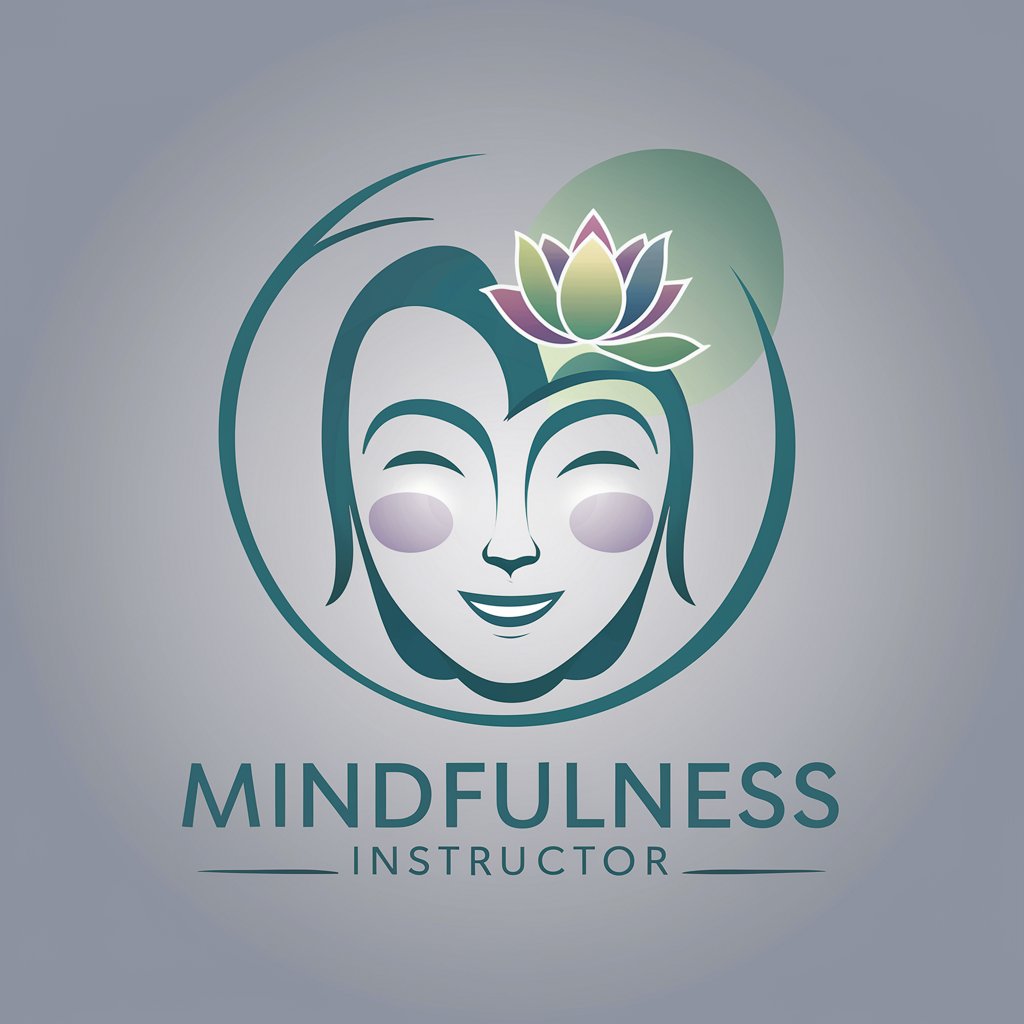
Mindfulness
Empowering mindfulness with AI
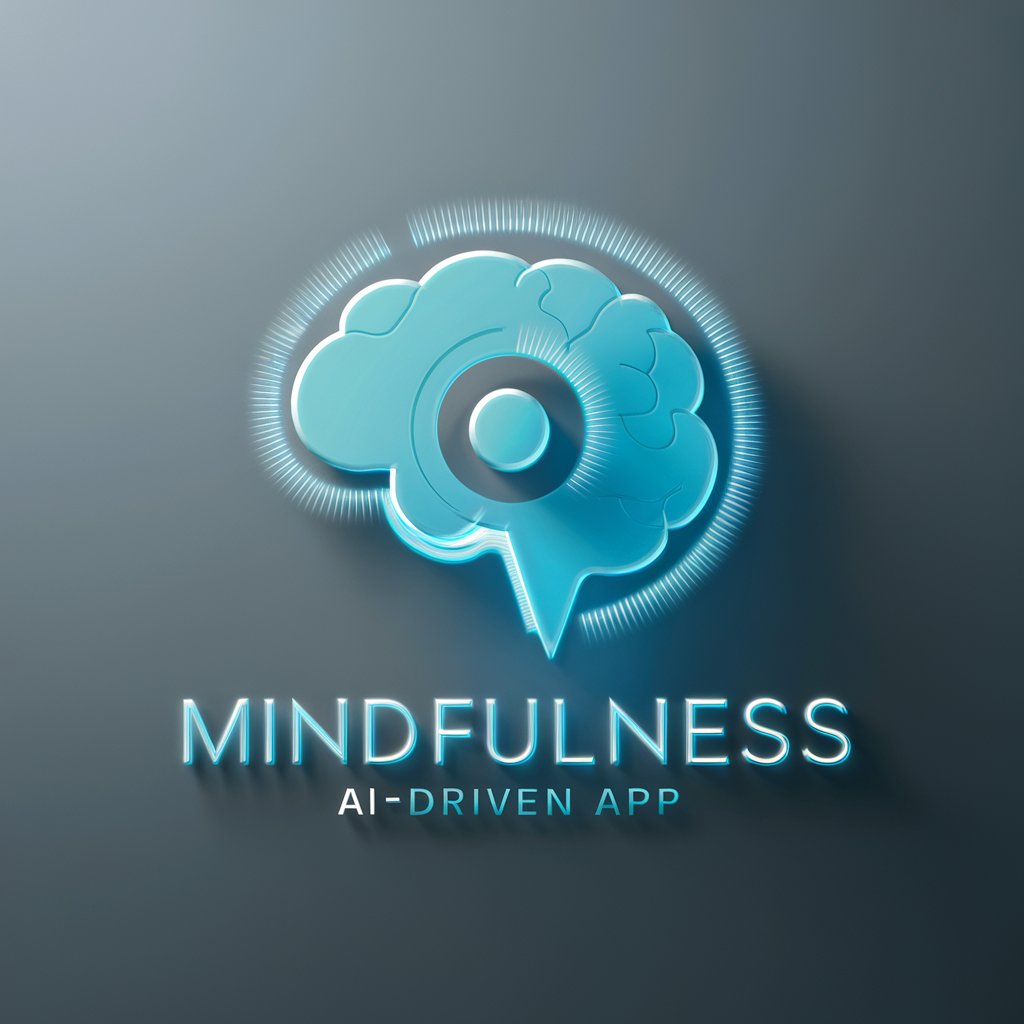
Mindfulness Mentor
Your AI-Powered Mindfulness Coach
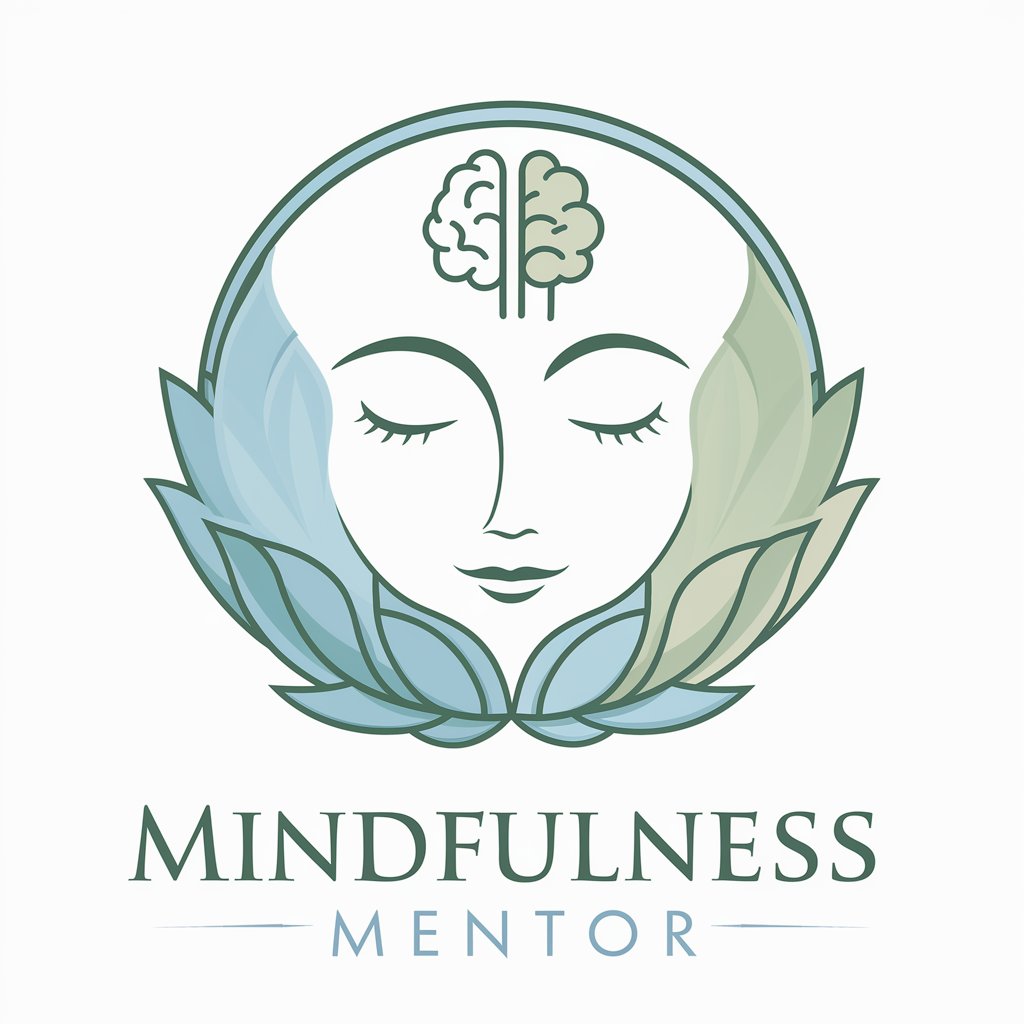
Mindfulness Master
Empower focus and calm, AI-powered
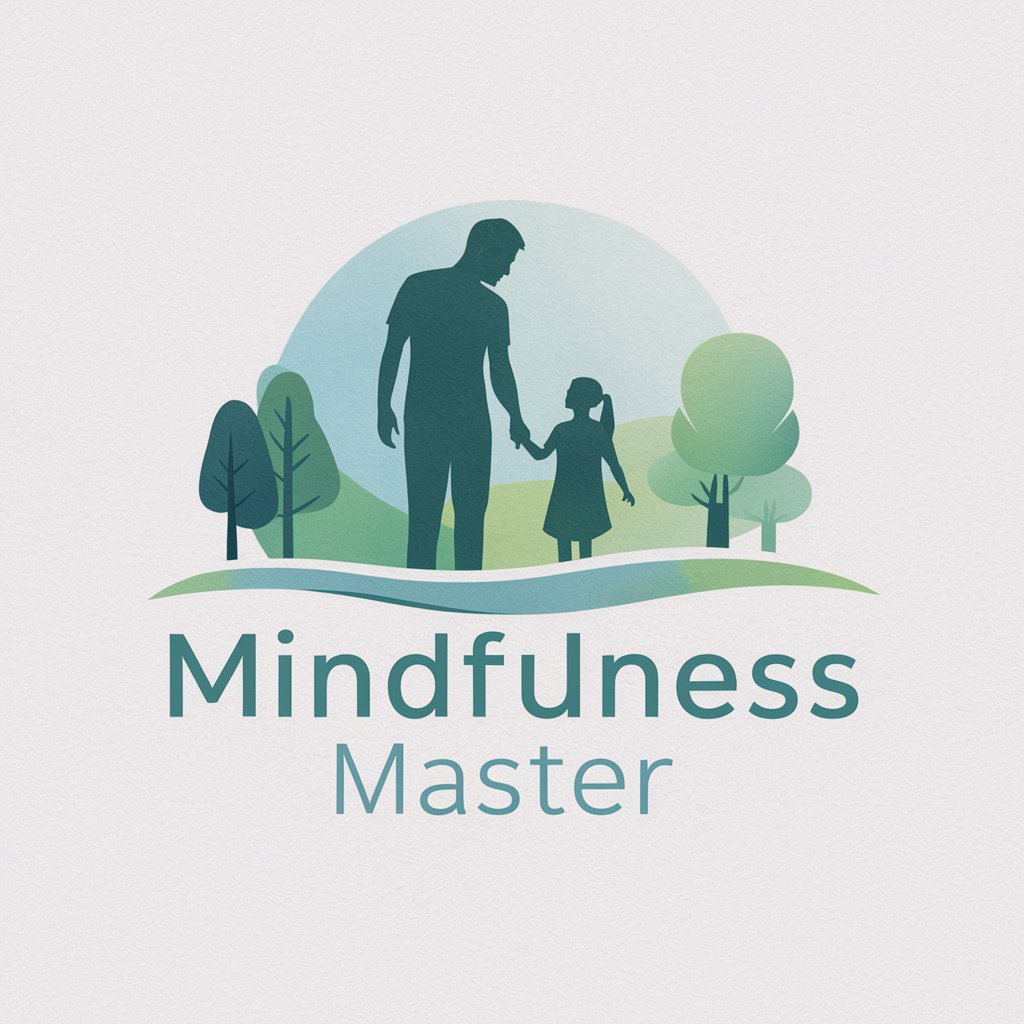
Frequently Asked Questions About Mindfulness
What is Mindfulness capable of doing?
Mindfulness is designed to assist users in engaging with various mindfulness practices, including guided meditations, stress reduction techniques, and tools for emotional regulation. It helps users to cultivate a greater sense of peace and well-being.
Can Mindfulness help with anxiety?
Yes, Mindfulness offers tools and exercises specifically aimed at reducing anxiety. Through regular practice, users can learn to manage anxiety more effectively by focusing on the present moment and reducing overwhelming thoughts.
How does Mindfulness differ from other meditation apps?
Unlike many meditation apps that mainly offer pre-recorded sessions, Mindfulness provides a personalized approach that adapts to your individual needs and preferences, offering real-time guidance and feedback.
Is there any scientific basis for the techniques used in Mindfulness?
Yes, the practices recommended by Mindfulness are based on well-researched psychological principles and evidence-based mindfulness techniques proven to enhance mental and emotional health.
How long should I engage with Mindfulness to see benefits?
Benefits can be felt even after a single session, but more significant and lasting effects typically appear with regular practice over several weeks or months. Consistency and persistence are key to deriving the most benefit.
